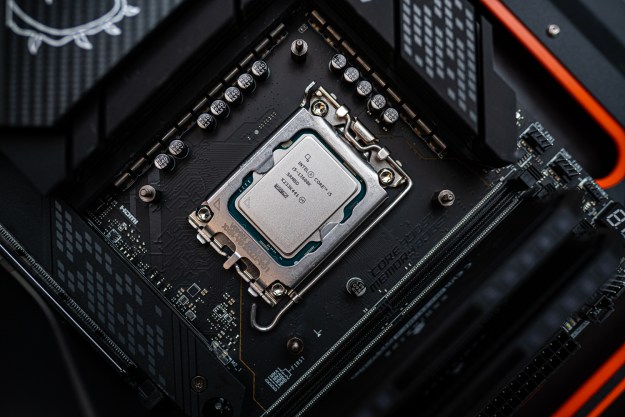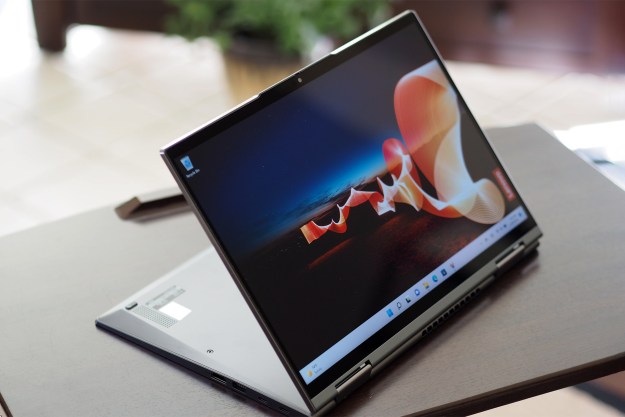Though Intel’s upcoming 11th-gen Rocket Lake desktop processors will use the same socket design as their 10th-gen predecessors, upgrading may not be as straightforward this year. The chipset won’t work with certain older motherboards, with Intel confirming that boards B460 and H470 will not be compatible with Rocket Lake.
An Intel product support page captured by Videocardz reveals that unlike the B460 and H470 boards, the Intel Z490 and H470 boards will be compatible with 11th Gen Intel Core desktop processors. The CPU maker states on its product support page that although the Z490 and H470 motherboards “may not boot with the upcoming 11th Gen Intel Core desktop processors,” a BIOS update will remedy the problem.
“Intel recommends that you update the BIOS on your Intel 400 Series Chipset-based systems for compatibility with the upcoming 11th Gen Intel Core desktop processors,” the company added.

This isn’t the first time that Intel has found itself in the spotlight over incompatible boards upon the launch of a new series of processors. Unlike rival AMD, which tends to offer more backward compatibility between its processor and board designs, Intel has historically not done the same.
However, this situation is a bit more unique, as the new silicon would share the same socket design, but Intel just won’t support it on some older motherboard models while choosing to offer compatibility on others.
The company did not give any explanation why some boards will be made compatible — via a firmware update — while others will not work with Rocket Lake, but Wccftech explained that inadequate power delivery may be a reason why some boards won’t be supported.
Potentially, unofficial BIOS support could be coming to make Rocket Lake work on those boards, the publication added, but it’s unclear when or if that will happen, or if Rocket Lake will be stable enough to operate on unofficially supported boards.
In addition to the 400 series boards, Intel also debuted new 500 series boards earlier this year at CES 2021, so the company may be deprecating support for older boards to drive sales to the newer boards. The newer boards offer some advantages over the aging 400 series boards, including support for more PCIe Gen 4 lanes, Wii-Fi 6, and memory overclocking.
Support for these features will vary depending on which model you get from the 500 series, and include the Z590, H570, B560, and H510. If you have an older 400 series board that won’t be compatible with Rocket Lake, it may be a good idea to check out some of the new boards if you want Intel’s latest processor for gaming and work.
Editors' Recommendations
- It just became the perfect time to buy a last-gen Intel CPU
- Some surprising details on Intel’s upcoming 14th-gen laptops just leaked
- Intel’s Raptor Lake refresh prices have leaked, and hikes are on the way
- Intel’s 14th-gen Raptor Lake refresh might be a major disappointment
- ASRock may have released a major leak about Intel Raptor Lake


